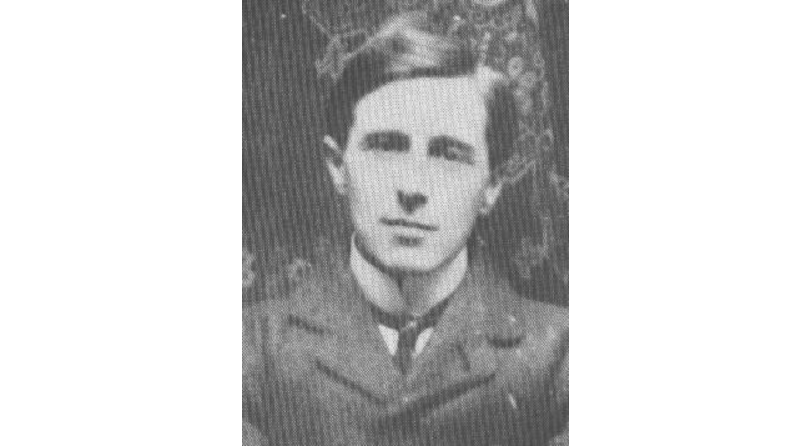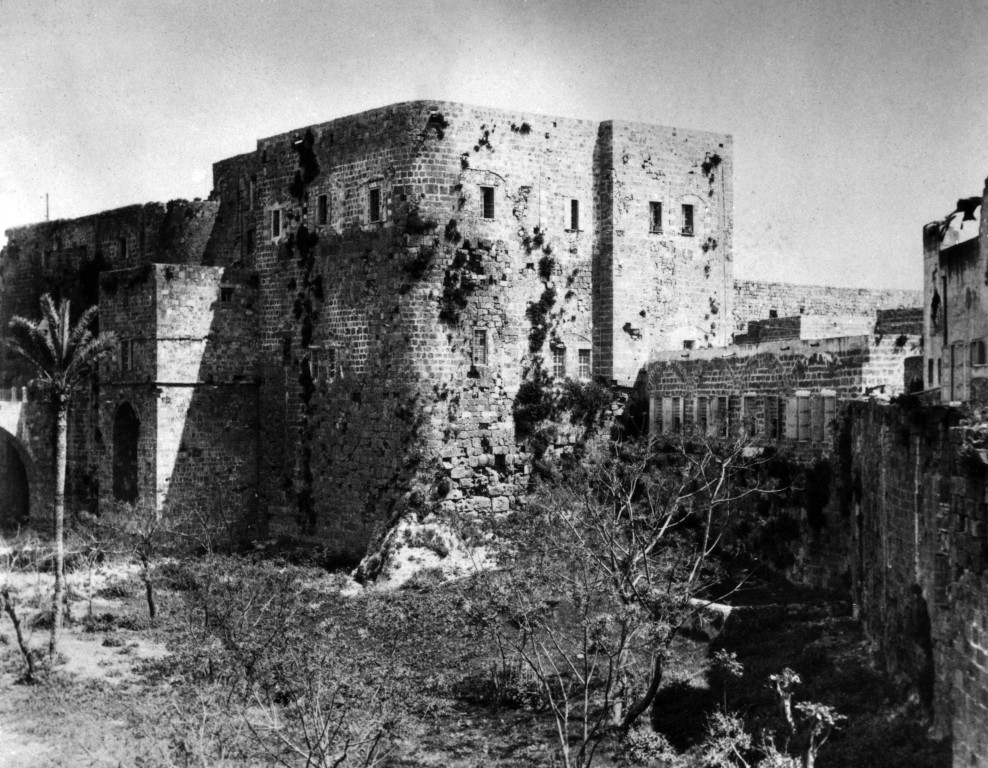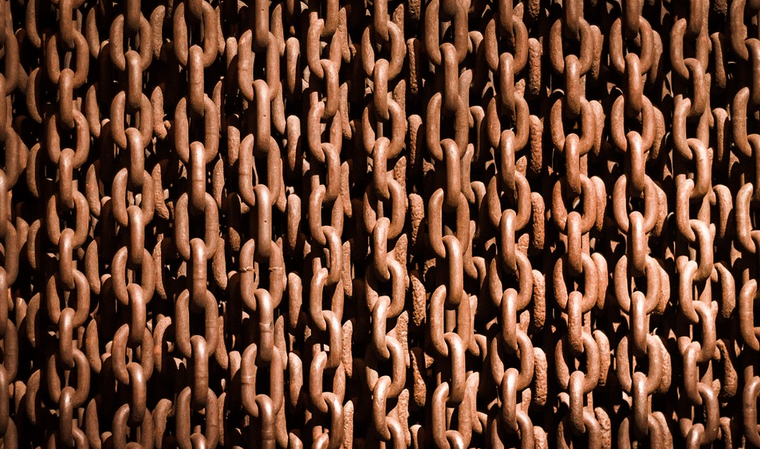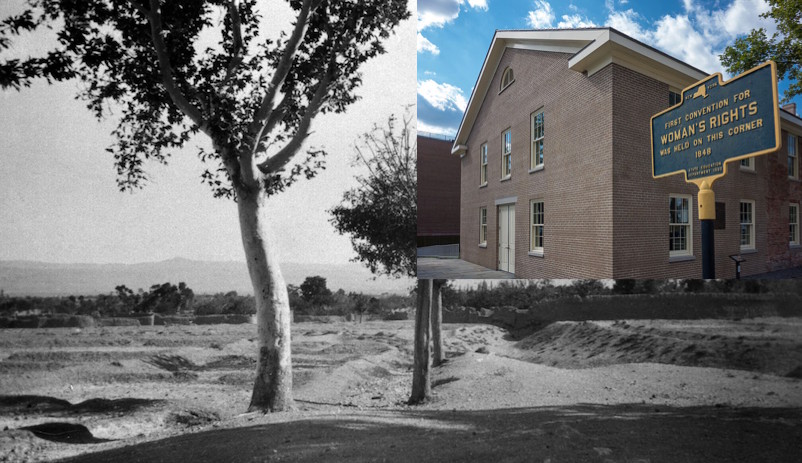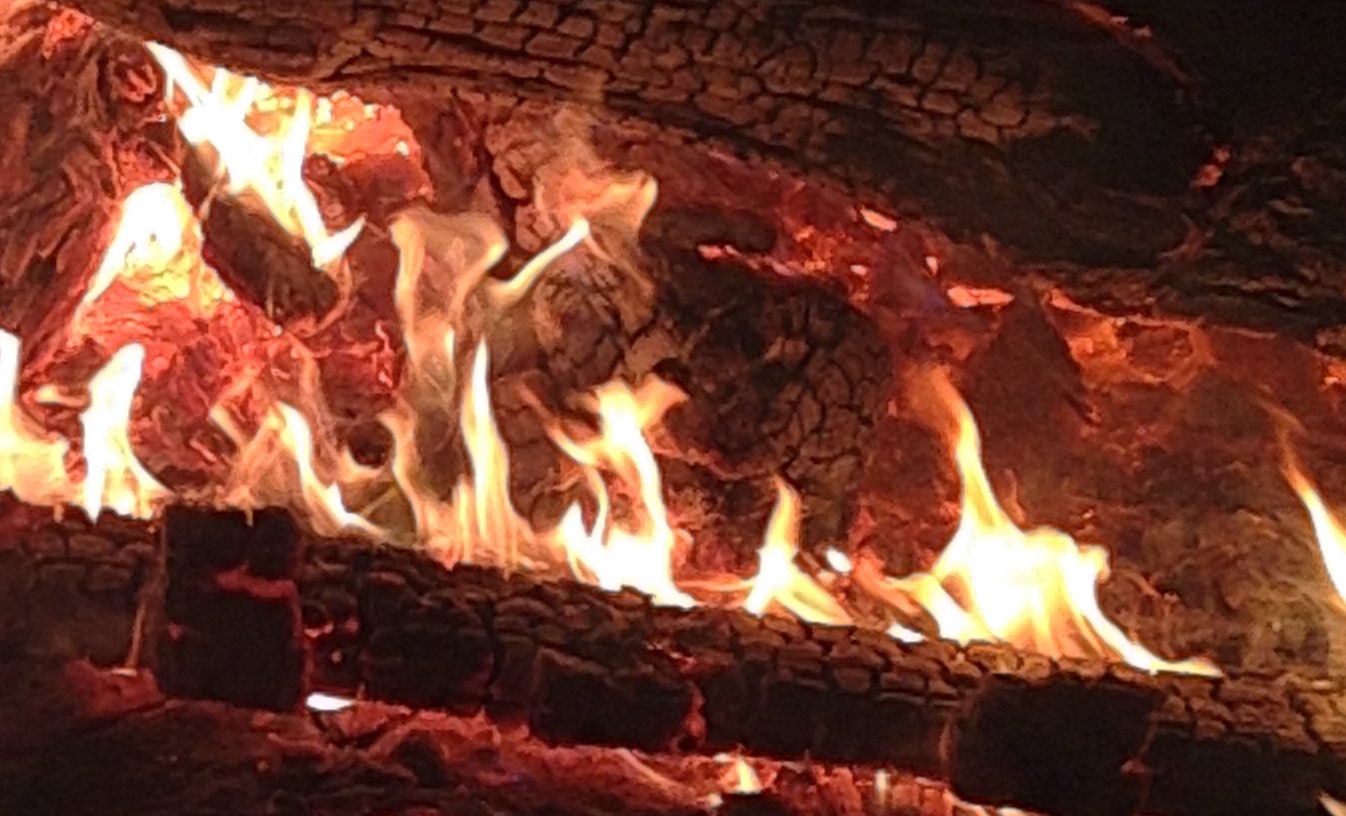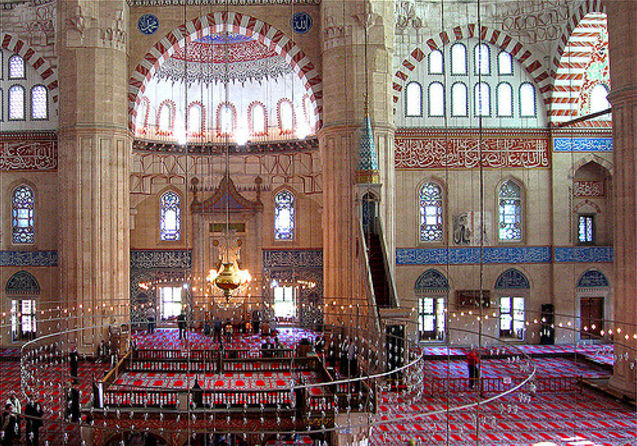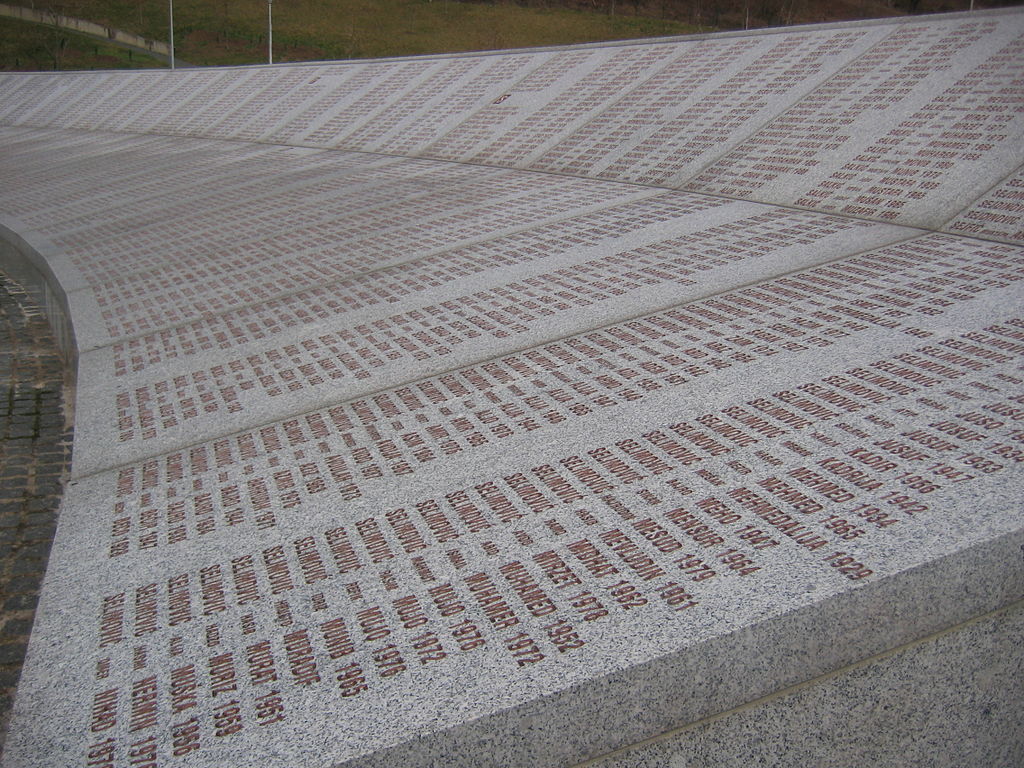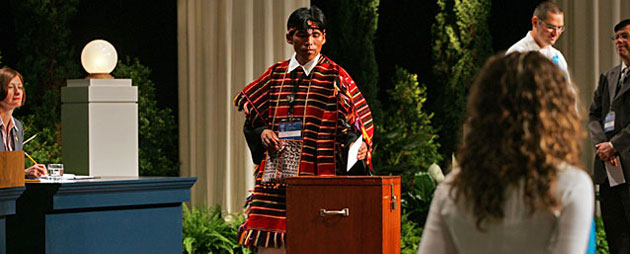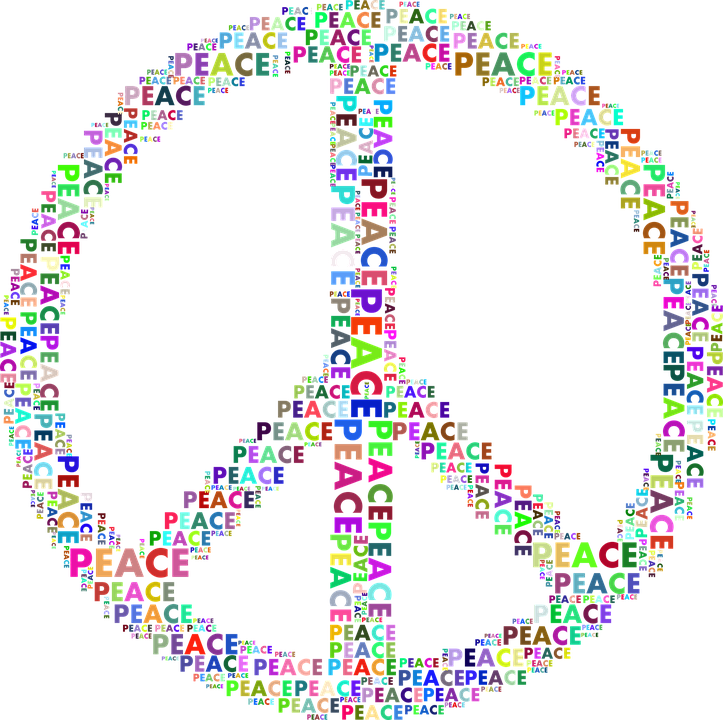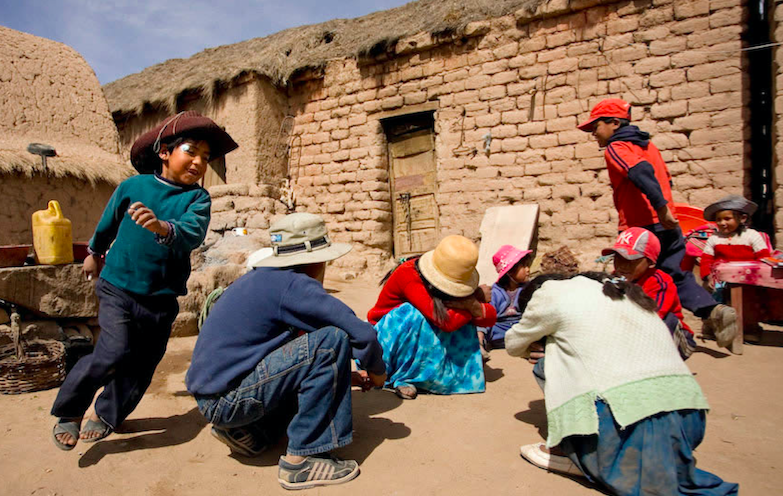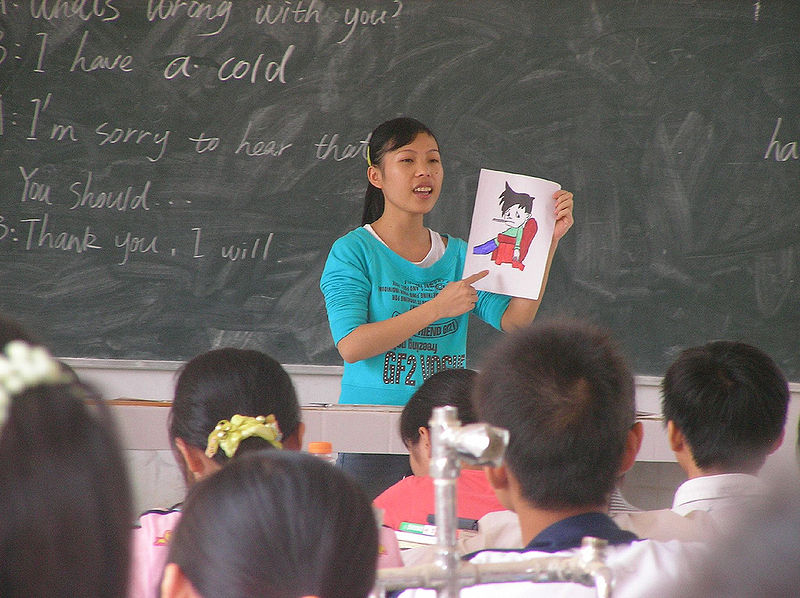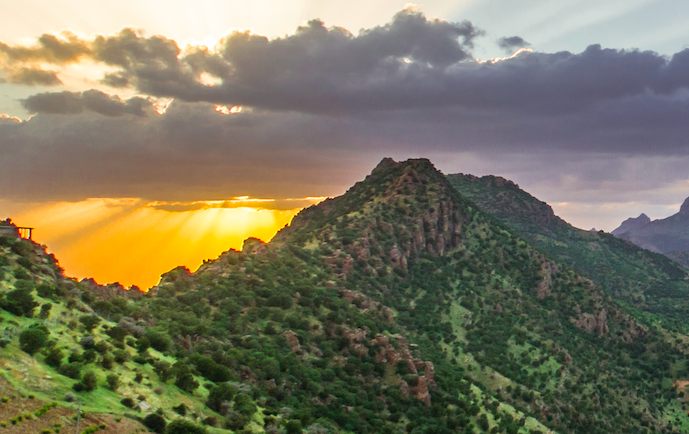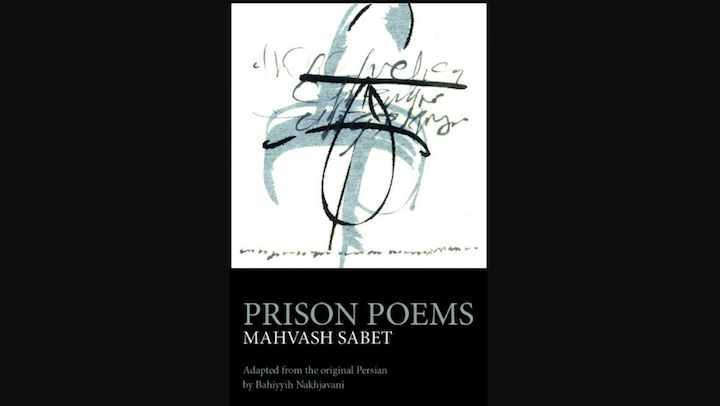-
Human Nature and the Temple at the Dawn of Time: Gobekli Tepe
In the last twenty or so years archeologists have excavated a temple that was built so long ago that no human being had yet thought of planting a crop. It was built so long ago that only stones and bones were used to create it and the many works of art that adorn it. The temple was built before the wheel, before animal husbandry and before the creation of pottery. It precedes large scale government. It precedes the invention of armies, cities and empires. It was created by people who hunted and gathered to collect their food. The temple’s scale forces us to rethink everything we thought we knew about…
-
A Stronger Thought of Peace
When a thought of war comes oppose it with a stronger thought of peace. It is such a striking statement that it often comes to mind. It appears in a talk given by Abdu’l Baha in Paris in 1911. I charge you all that each one of you concentrate all the thoughts of your heart on love and unity. When a thought of war comes, oppose it by a stronger thought of peace. A thought of hatred must be destroyed by a more powerful thought of love. Thoughts of war bring destruction to all harmony, well-being, restfulness and content. Thoughts of love are constructive of brotherhood, peace, friendship, and happiness.[1] Often Abdu’l Baha’s words have a simplicity and clarity that bely their depth. It is a…
-
Human Nature: Hidden Gems and Tempered Steel
Bahá’u’lláh often calls us to rise to the positive potential we have within us. The words he uses evoke a rich imagery of human nature. Regard man as a mine rich in gems of inestimable value. Education can, alone, cause it to reveal its treasures, and enable mankind to benefit therefrom.[1] Or here: Thou art even as a finely tempered sword concealed in the darkness of its sheath and its value hidden from the artificer’s knowledge. Wherefore come forth from the sheath of self and desire that thy worth may be made resplendent and manifest unto all the world.[2] Or here: Out of the essence of knowledge I gave thee…
-
On the Origin and Nature of Evil
Bahá’u’lláh’s writings emphasize the “better angels” of human nature: our potential for good. This call to rise to the positive potential inherent in us, coupled with avoidance of judgementalism, has shaped a culture of encouragement and mutual support that frames Baha’i community life. Nonetheless, Bahá’u’lláh also discusses the nature of evil. He calls us to a new understanding of what evil is and how it finds expression in the world. Ancient concepts of “demons” and “satan” are explained as symbols of the fallibility of human nature. This reconceptualization demolishes notions of mythic evil beings beyond human control. At the same time, it underlines our individual and collective responsibility to overcome evil in the world. As ‘Abdu’l-Bahá, Bahá’u’lláh’s…
-
Human Nature: What Does It Mean to Be Human?
What does it mean to be human? We rarely think about it. Yet implicitly and explicitly our actions are based on assumptions or beliefs about human nature. Are human beings essentially selfish? Are we essentially material beings – animals with enhanced intelligence? Are we defined primarily by our material characteristics, such as our nationality or our gender or age? What, for example, are models of human nature embedded in our legal system? How does society implicitly and explicitly define us? The language we speak, our cultural context, the day to day behaviours we engage in – all are profoundly influenced by ideas about human nature. In an age of media saturation…

